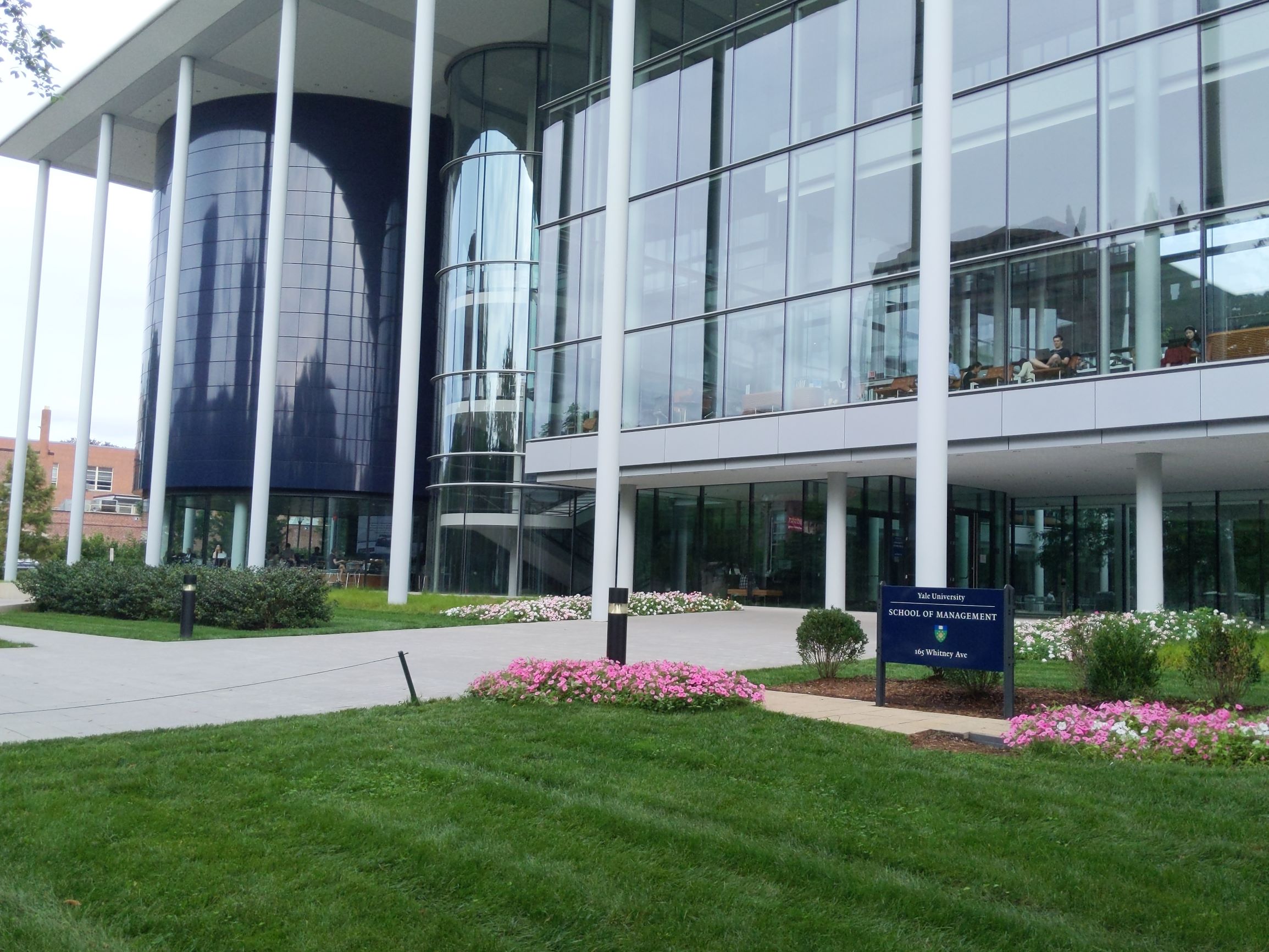Yale Procurement Office advises cost monitoring amid federal tariffs
In an internal announcement to Yale administrators obtained by the News, the University has outlined new procurement strategies to manage higher costs as Trump tariffs drive up import prices.

Amay Tewari
In a message to Yale administrators, the Procurement Office outlined new instructions for managing operational costs following the tariffs enacted by the federal administration on April 2.
On April 2, the Trump administration imposed a 10 percent baseline “reciprocal” tariff on all U.S. imports, effective April 5. On April 9, the federal administration suspended the country-specific reciprocal tariff for all countries other than China, while leaving the 10 percent minimum tariff rate in place.
The Procurement Office manages all University processes of buying goods and services, including negotiating with suppliers, tracking spending and sourcing products for best value. The email, which was obtained by the News, included practices such as reviewing supplier quotas for tariff charges, collaborating with suppliers to purchase goods using pre-tariff inventory and sourcing from unaffected suppliers.
“We will continue to monitor the situation closely. Keep in mind that tariffs can change, as the situation is fluid,” Susannah Gobbi, assistant vice president and chief procurement officer wrote to administrators in the message. “This has the potential to affect your budget. It is best to plan as much as possible to avoid significant impact.”
The message instructed operations and cost center managers to keep a “watchful eye on costs” and remain alert as to whether tariff charges are being appropriately included in supplier quotas. It also recommended that business teams make “strategic advance purchases” prior to anticipated tariff costs on new imports, or consider seeking alternative suppliers.
The message did not provide specifics on how the tariffs are affecting University goods and supply chains. In a previous interview with the News, Yale tariff experts anticipated that the tariffs will impact produce supply chains in particular, given that one-third of the U.S. fresh produce is sourced from Mexico.
When asked to comment on the status of current producer goods and supplier relationships, a Yale Hospitality spokesperson stated, “As always, Yale Hospitality continues to manage operations and cost fluctuations via a focus on production and procurement diligence, strategic supply chain opportunities, service adjustments, and evaluating resource allocation. ”
According to The Budget Lab at Yale, a non-partisan policy research center analyzing federal U.S. economic policy proposals, as of April 15, consumers face an overall average effective tariff rate of 28 percent, the highest since 1901.
The 2025 tariffs imply a short-run increase in consumer prices of 3 percent, assuming no policy reaction from the Federal Reserve. Food prices will rise 2.6 percent in the short run and remain 3 percent higher in the long run. Fresh produce is initially 5.4 percent more expensive while stabilizing at 3.9 percent higher.
Other experts anticipate that in the long run, University finances will not be as significantly impacted by tariffs as much as other changes from the federal administration.
“In units where we’re getting a lot of material sourced from countries like China, for instance, you’re going to have a much more limited budget,” said professor Matthew Spiegel, director of graduate studies at the School of Management. “However in regards to the university as a whole, the vast majority of expenditures are not imports so there’s a limit to what tariffs can do.”
The Yale Procurement Department is located at 25 Science Park.







